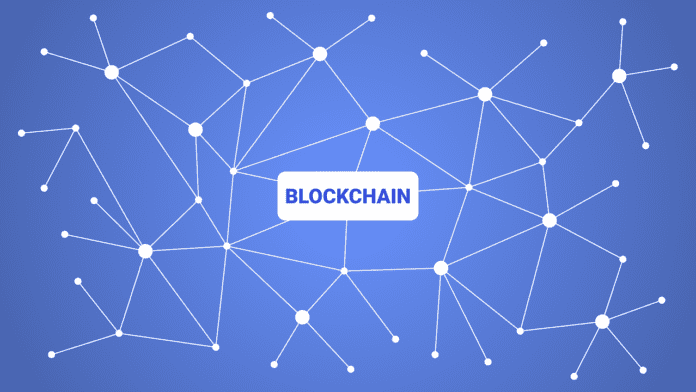Telefonica will deploy nodes of its Hyperledger-enabled blockchain at APTE’s 52 locations
Spanish telecommunications giant Telefonica has revealed plans to work with Spain’s Association of Science and Technology Parks (APTE) to bring its blockchain-based platform to around 8,000 local companies in form of Hyperledger-based blockchain nodes that the telecom will deploy at APTE’s 52 locations.
During a three-month-long pilot program, participating companies will be required to build various applications on the distributed ledger technology, or DLT, network, which is a digital system without a central data store that records the transaction of assets and details in multiple places at the same time.
Further, the companies will also be encouraged to experiment with their own crypto tokens.
The blockchain-based network deployed with the help of the APTE uses the Cloud Garden service, a service developed in April 2019 with the help of IBM. The service is designed to simplify the adoption and integration of technologies, such as blockchain, Big Data and AI.
Maria Jesus Alamzor, Telefonica Spain CEO, commented on the important benefits the initiative will provide.
“Companies housed in these scientific and technological parks will be able to benefit from the advantages of blockchain technology without having to face the inherent complexity of it or have to dedicate resources to acquire the knowledge necessary to make the most of it,” she stated.
By taking the data out of the silo and providing stakeholders with only relevant information, blockchain has the potential to drastically increase efficiency by ensuring that all parties receive the right data at the right time.
Telefonica has invested $5 million in the seed round of Zamna, a blockchain-enabled data verification platform. In addition, Microsoft announced a partnership with the telecom that involves creating blockchain and AI solutions in February.
Investments in blockchain technology are becoming increasingly common amongst telecommunications companies. Last September, for instance, Union Mobile, the fourth-largest mobile carrier in South Korea, announced the launch of its blockchain project called ELYNET, and a month prior the Enterprise Ethereum Alliance published a collection of use cases for blockchain in telecommunications.
And more than two years ago, standards body ETSI developed a group of telecoms dedicated to studying how blockchain can be used by the telecom ecosystem. The group includes reps from Ericsson, Huawei, Intel, Telefonica and Vodafone; the first meeting is set for Jan. 24 at Telefonica’s offices in Madrid, Spain.

